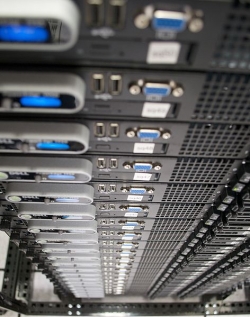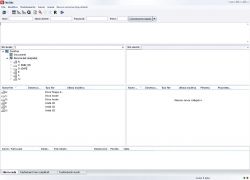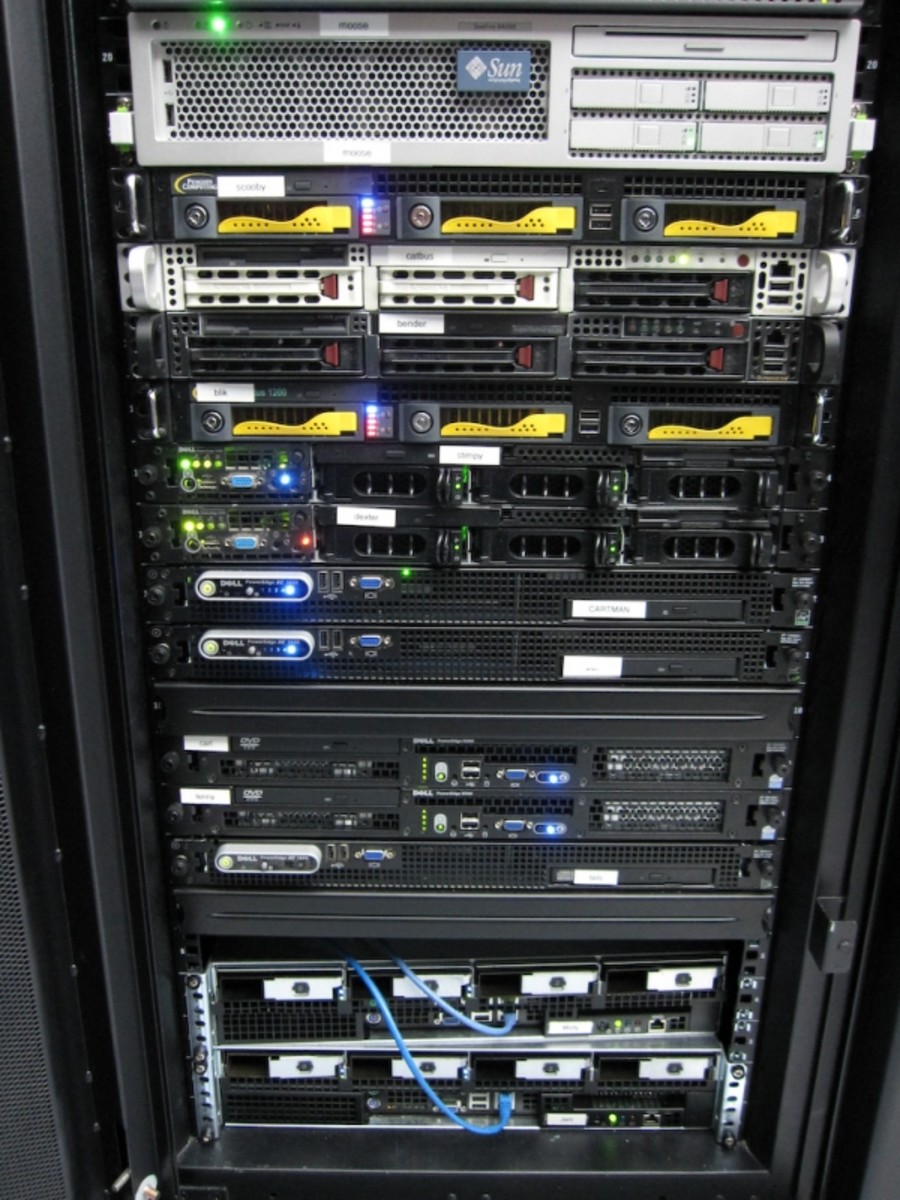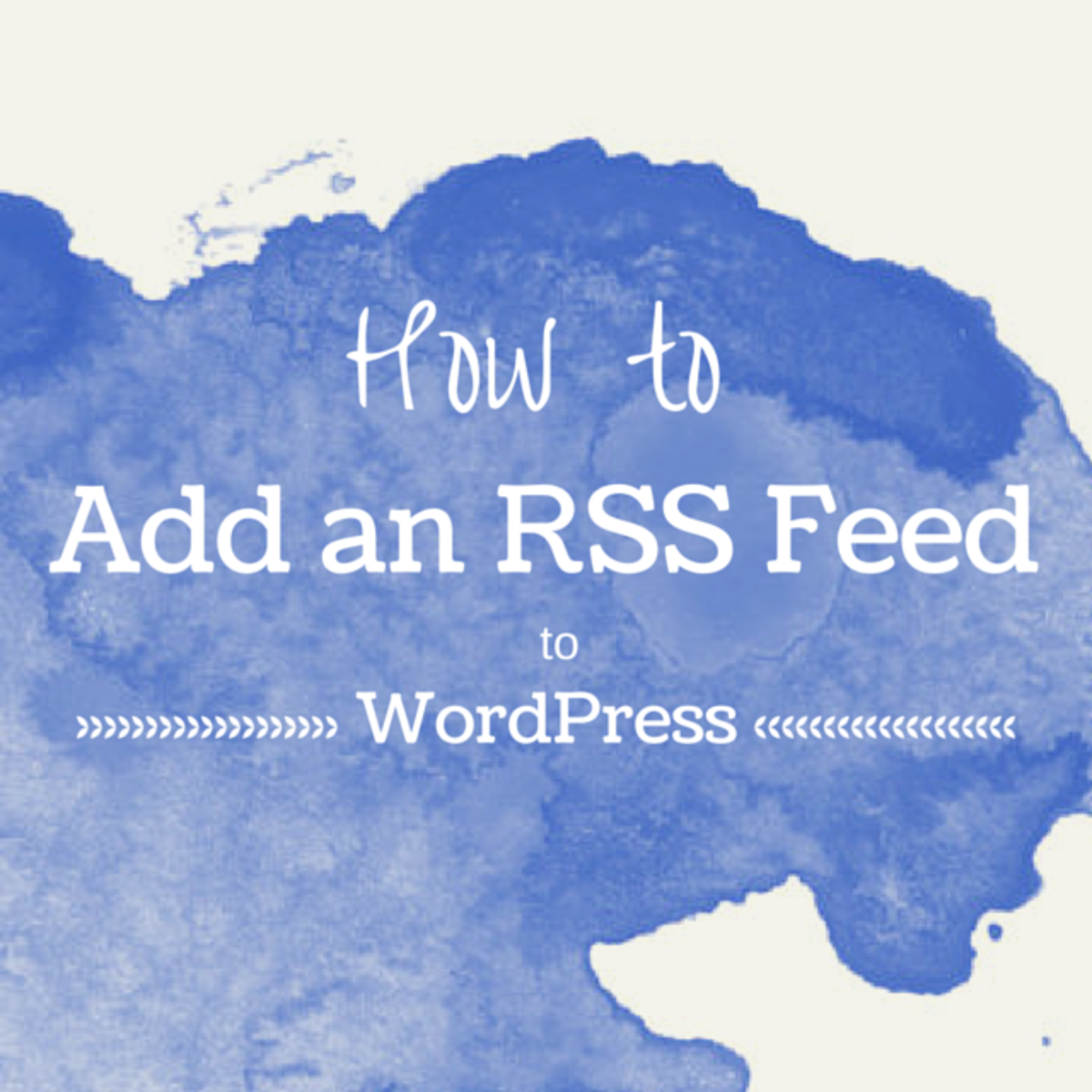How to upload and install your blog on your web hosting server

Learn how to install blog publishing software to your web hosting server to publish your blog.
Installing and running your own blog lets you control your own blog the way you want to control it on your own web hosting account and domain name.
It is simple to install blogging software like WordPress or Drupal on to your web hosting account on 1and1, HostGator, GoDaddy, and many other web hosts online.
You need to install your blog software before you can publish a post on your blog to your website for people to view in a web browser online. The blog software like WordPress is used to create, edit, and manage posts, and pages on your blog with a web browser and the Blog's Dashboard, so you can write a blog post from any computer with a web browser and internet connection.
Benefits of starting a blog on your own hosting and domain name
The Advantages of installing your own blog software is you own your own content, you don't have to worry about your blog host going down, and it is easy to move your posts, you get to talk to technical support for your web hosting and domain registrar if you are having problems with the service, and content and domain name from one web host to another, or one domain registrar to another if you are not happy with the service which your paid web host, and domain registrar are providing.
It also looks more professional to have your own .com domain name and hosting then using a .blogspot, .tumblr, or geocities domain which are free. Being Professional can be good if you are trying to look for investors, partners, and advertisers for your blog to grow it into a company like TechCrunch, Mashable, Huffington post, and other for-profit blogs.
You also do not have to worry about your free subdomain like co.cc from being banned from Google because of Spam, or it being gone because the free subdomain company went out of business or seized by the law or government.
You won't have ads on your blog unless you choose to have ads on your site to make money online from blogging.
You can also make money with your blog by selling products, or ad space on your blog rather then free hosts making money off your content with their ads. It is not uncommon for bloggers to make hundreds, thousands or more each month from ads, affiliate marketing, and selling their own products online.
You can also write about more types of topics without worrying about your blog getting banned because you get to make the terms of service for your blog instead of Blogger, Typepad, and other free host making the terms which do not allow certain topics like adult content. As long as what you are publishing is not spam, or illegal, you can publish it on your paid web hosts.
You also do not have to worry about going over the traffic limit on your paid web host like some smaller free web host which ban you for generating too much traffic.
Plus, with a domain name, you own your own name on the web instead of using a freehost subdomain like name.example.com. .Com looks more Professional and unique.
It is also relatively cheap to start your own blog with a .com domain name. You can start one for 50-60 dollars a year depending on which company like GoDaddy, HostGator, or 1and1 you buy your web hosting and domain name from

What are the skills needed to set up a blog?
Skills you need to install blog on Web hosting account.
Many web hosts like 1and1, HostGator, etc have wizards/programs which let you install a blog with your custom domain which you bought from them by just clicking a few buttons on their web hosting accounts. The one click installs will give you your user name, and password after your web host 1 click install program installs your blog or website on your web host.
WordPress.com, SquareSpace, and Weebly also support custom domains for their hosted blogs, but you may have less control over the software, and web server computer, but after you sign up, and pay you can start blogging. They are sometimes more expensive then HostGator, GoDaddy, and Weebly, but they take care of your technical support, and updates for their blog software.
You can also learn how to install, update, and customize your blog yourself by reading this tutorial, or going on YouTube to search for videos on how to install a WordPress blog on your web hosts account.

Picking the right blogging software for your website.
WordPress, Drupal, and Joomla can all be used as Blogging software for your website.
WordPress is very user friendly compared to Drupal, Joomla, and other blogging software and content management systems. WordPress also have a lot of plug-ins, templates, and features which make it very easy for you to personalize your blog. WordPress has a huge community of users, so it is very easy to get free or paid help if you have a problem with WordPress, or need to customize it.
Drupal is more of a Content Management System then a blogging software. However, Drupal also supports commenting, plug-ins, and custom themes like WordPress. Some people claim Drupal is more secure then WordPress and Joomla, so if security is at the very top of the list instead of ease of use, customization, and a large a mount of plug-ins. Although, if you keep WordPress updated, and configured securely, you can use WordPress securely.
Joomla is also a content management systems, but with the right plug-ins, and template. You can also use Joomla like a blog.
I recommend WordPress because it is a fast, easy to use, customizable, and powerful blogging software for a website.
Modx, and Movable type are also popular self-hosted blog software choices.
Which is the best Blogging Software for new bloggers? - Easiest to use blog software to use to run a blog on a web host?
Which blogging software do you recommend for hosting a blog on a self hosted website?

Picking the right web host for your blog
Tips on picking the right web host for your new blog to run reliably.
When picking a web host for most blogging software, you need to pick a web host which has PHP5, MySQL 5, and offers FTP upload capabilities. I also recommend Linux Web hosting over Windows Web hosting since in my experience Linux web hosting is reliable and very customization. There is also a lot of free tutorials about Linux hosting on websites, and forums about Linux hosting.
Some web hosts, offer 1 click installs of WordPress like 1and1 and HostGator offer 1 click installs of WordPress, and other popular blog software. 1 click installs of blog software makes it fast and easy to install on your web host.
It is best to pick shared web hosting when you are starting off on your blog since it is cheapest and easiest to use. If your blog ever has a lot of visitors or require higher demands like more RAM, and CPU power, you would need to move to a virtual private server, cloud hosting, or a dedicated web hosts.
Unless you know for sure you are expecting a lot of traffic, you should pick a VPS or dedicated web host. However, a VPS or dedicated web host account is more expensive and harder to use then a shared web host.
Grid hosting and Cloud based hosting can be good choices for websites which get a medium amount of traffic.
If you are getting VPS, Dedicated, Grid, and Cloud hosting it is better to get a managed server if you do not have any web server and Linux command Line experience.
You can also buy a domain name from some web hosts like 1and1, HostGator, and GoDaddy to connect your blog software to your domain name if you do not have one.
Best Web host to host a blog on for beginners?
Which is the most user friendly web host which offer the best features and tech support for Newbies?
Best type of web hosting server for most blogs? - Shared, VPS, Dedicated, Grid hosting, Cloud hosting, etc
Which type of web hosting would you recommend to most bloggers
Do you prefer Windows or Linux web hosting? - Linux or Windows Webhosting.
I recommend Linux web hosting in most cases since they work pretty well, and can be cheaper then Windows web hosting, and have more options then Windows web hosting?
Linux or Windows Operating System Web hosting?
Connecting your domain name with your blog folder to install WordPress.
Connecting your domain to your blog folder.
Usually, if you buy your domain name from the same company which is selling you web hosting, it would be very easy to connect your domain name to your web host.
Your domain name and your web host is usually connected to each other automatically when you buy a web hosting plan where your domain name and web hosting service are bundled together,
But, if you bought your web hosting and domain names from different companies, you need to configure your web host to be connected to your domain names by redirecting your domain name's name server to your web hosting domain server in your domain name registration.
Vote for your Favorite Domain name Registrars.
Domain name registrars are companies like GoDaddy, NameCheap, etc which help you register your domain names for your website or blogs.
Favorite Domain registrars?

Uploading your blog to your web host to install on your web host server the internet.
You need to upload your blog software to your web host before you can install it.
You need to upload your blog software to your web host with a FTP client before you can install your blog on your web server.
A FTP client I recommend for uploading your blog software to your web host is FileZilla which you can download at http://filezilla-project.org/download.php for Windows, Mac, and Linux.
You need to get your username, hostname, and password for your FTP server from your web host P account before you can upload anything to your web server.
Once you get your FTP login information from your web host you can upload your blog on your web host server.
You usually need to unzip your blogging software from a zip folder, and upload your extracted files from your install files zip folder which you download from wordpress.org, drupal.org, or Joomla.org depending on which software you want to use on your web host.
After you extracted your files, and connected your computer to your web host FTP server, you need to copy and paste your blog install folder, or drag and drop the install folder for your blog software with your mouse to your FTP client to upload to your web hosting server.
It usually takes a few minutes to hours to upload your blog software to your web host.








